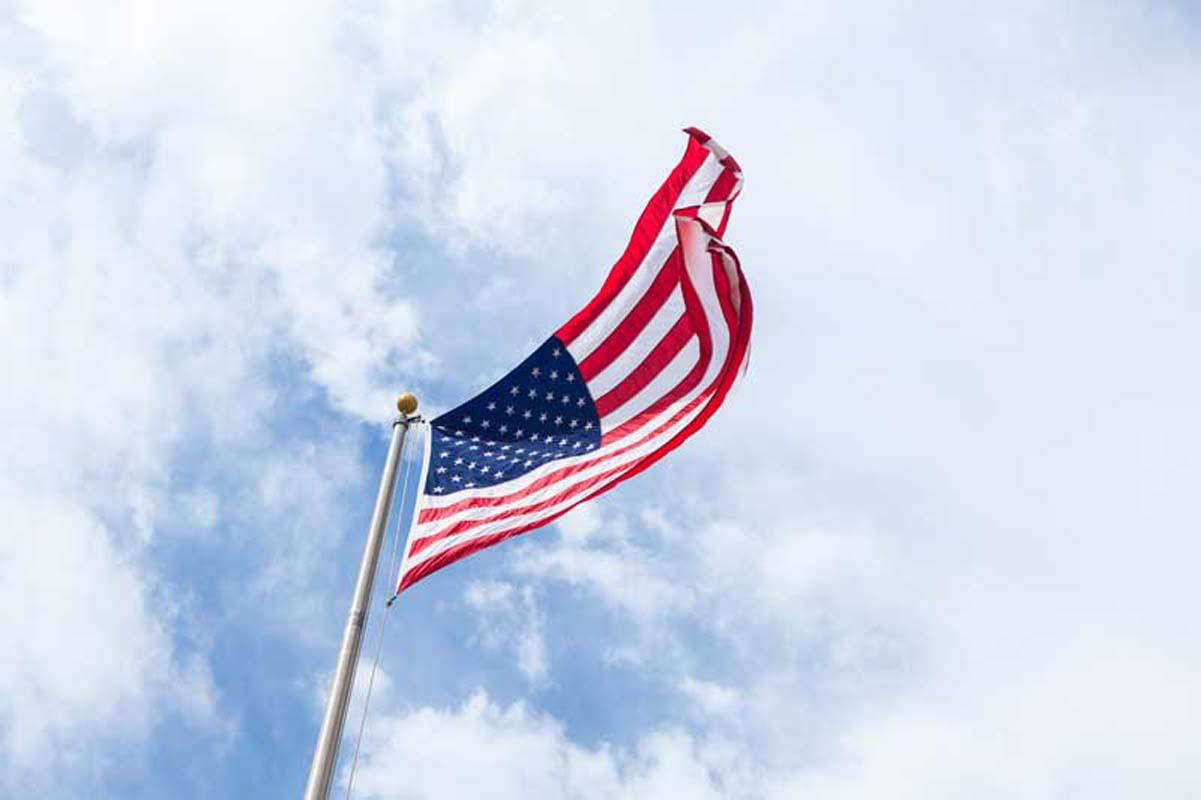
403
Sorry!!
Error! We're sorry, but the page you were looking for doesn't exist.
U.S. Decertifies Colombia as Partner in Combating Drug Trafficking
(MENAFN) The United States has officially decertified Colombia as a partner in combating drug trafficking, Colombian President Gustavo Petro announced Monday during a Cabinet meeting—just minutes before the Trump administration confirmed the move.
"The United States is decertifying us after dozens of deaths of police officers, soldiers and ordinary people trying to prevent cocaine from reaching them," Petro said. "Everything we do really has nothing to do with the Colombian people, but rather to prevent American society from smearing their noses."
A memorandum signed Monday by President Donald Trump identified Afghanistan, Bolivia, Myanmar, Colombia, and Venezuela as countries that have "failed demonstrably" to meet their international anti-narcotics obligations, potentially impacting foreign aid.
Despite this designation, the US government issued a "waiver" exempting all the listed nations—except Afghanistan—from sanctions. This conditional decertification allows the US to avoid imposing penalties for strategic, economic, or security reasons.
Petro emphasized Colombia’s relentless efforts to curb drug supply to the United States, asserting that "cocaine is the drug of capitalism."
Observers view Trump’s decision as a punitive response to Colombia’s perceived inability to control coca cultivation, a crucial element fueling the global cocaine market.
Supporting this concern, the United Nations Office on Drugs and Crime (UNODC) revealed in its 2025 World Drug Report that Colombia remains the world’s top coca leaf producer, with cultivation areas expanding to 253,000 hectares (625,176 acres).
"The United States is decertifying us after dozens of deaths of police officers, soldiers and ordinary people trying to prevent cocaine from reaching them," Petro said. "Everything we do really has nothing to do with the Colombian people, but rather to prevent American society from smearing their noses."
A memorandum signed Monday by President Donald Trump identified Afghanistan, Bolivia, Myanmar, Colombia, and Venezuela as countries that have "failed demonstrably" to meet their international anti-narcotics obligations, potentially impacting foreign aid.
Despite this designation, the US government issued a "waiver" exempting all the listed nations—except Afghanistan—from sanctions. This conditional decertification allows the US to avoid imposing penalties for strategic, economic, or security reasons.
Petro emphasized Colombia’s relentless efforts to curb drug supply to the United States, asserting that "cocaine is the drug of capitalism."
Observers view Trump’s decision as a punitive response to Colombia’s perceived inability to control coca cultivation, a crucial element fueling the global cocaine market.
Supporting this concern, the United Nations Office on Drugs and Crime (UNODC) revealed in its 2025 World Drug Report that Colombia remains the world’s top coca leaf producer, with cultivation areas expanding to 253,000 hectares (625,176 acres).

Legal Disclaimer:
MENAFN provides the
information “as is” without warranty of any kind. We do not accept
any responsibility or liability for the accuracy, content, images,
videos, licenses, completeness, legality, or reliability of the information
contained in this article. If you have any complaints or copyright
issues related to this article, kindly contact the provider above.
Most popular stories
Market Research

- Ceffu Secures Full VASP Operating License From Dubai's VARA
- Daytrading Publishes New Study Showing 70% Of Viral Finance Tiktoks Are Misleading
- Mutuum Finance (MUTM) New Crypto Coin Eyes Next Price Increase As Phase 6 Reaches 50% Sold
- Pepeto Highlights $6.8M Presale Amid Ethereum's Price Moves And Opportunities
- Superiorstar Prosperity Group Russell Hawthorne Highlights New Machine Learning Risk Framework
- Whale.Io Launches Battlepass Season 3, Featuring $77,000 In Crypto Casino Rewards




















Comments
No comment